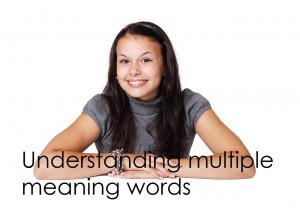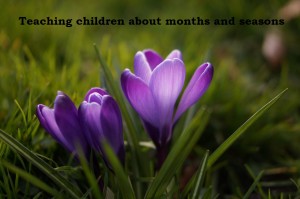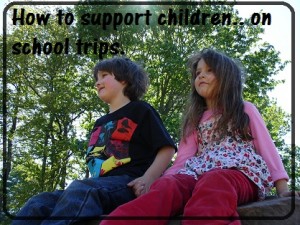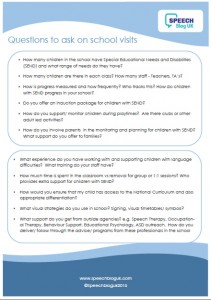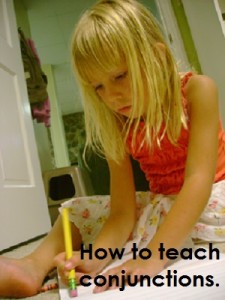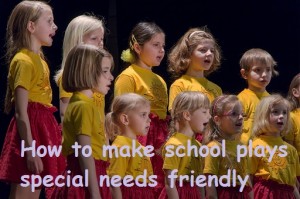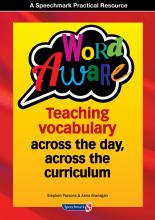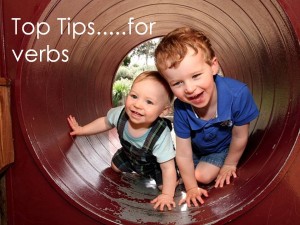We have started a series of posts looking at high level language skills. As children get older, language and its demands become more sophisticated. It is often around Junior school age that these more subtle language difficulties can become apparent. You can read Helen’s post about understanding and supporting words with multiple meanings here. Today, […]
Posts in category Primary school
Multiple meaning wo...
As children move through school often their language difficulties can sometimes become more subtle. At first glance they seem to be able to respond to questions and can express themselves in longer sentences, but when things become more complex they can start to become confused. One of the things that can particularly trip up children […]
Teaching children about months and seas...
We changed the clocks on Saturday night and now it’s officially British Summer Time. It will be Easter next weekend, and that must mean it’s spring. Yet I had my winter coat on today!… Time concepts are very difficult for many children to grasp, especially children with language difficulties. The vocabulary for the seasons and […]
How to support children… on school tri...
Helen and I are starting a new series of posts about how to support children with speech and language or special needs. We talk about the types of modifications that can make a real difference for these children and hopefully for the adults as well! You can read about how to support children in school […]
How to teach conjunctions to older child...
So, conjunctions… Technically a conjunction is an invariable grammatical particle, and it may or may not stand between the items it conjoins. (That takes me back to my linguistic lectures!!) You might call them conjunctions or connectives, but what we are talking about are those clever little words that link ideas and sentences together. Now […]
How to make school plays special needs frien...
Helen found this great article on how to make school plays deaf friendly from the NDCS. So we thought we would write about how to make plays and assemblies more accessible for children with speech and language difficulties. Every child should be included; you might juts have to think laterally about a few things! Don’t assume […]
Word Aw...
“Vocabulary levels are strong predictors of later literacy skills. They predict not only how well children will develop reading comprehension, but also their phonological awareness and phonic knowledge. Vocabulary level at age five has been found to be the single best predictor of whether a child brought up in poverty will escape poverty in adult […]
Top Tips….. for ve...
As speech therapists, we spend much of our time talking about, thinking about and using words. Vocabulary is so important when encouraging a child’s language skills; whether you are waiting for those words, or trying to improve sentences for SATS test, a good vocabulary is key. Verbs are one of the main building blocks in […]
Summer holiday language challe...
I spent a few years working in a school with children with specific speech and language difficulties. When the summer holidays came round, parents often asked for homework to do over the summer. I think kids do enough formal work during the school year, and the last thing I want to do is give families […]

